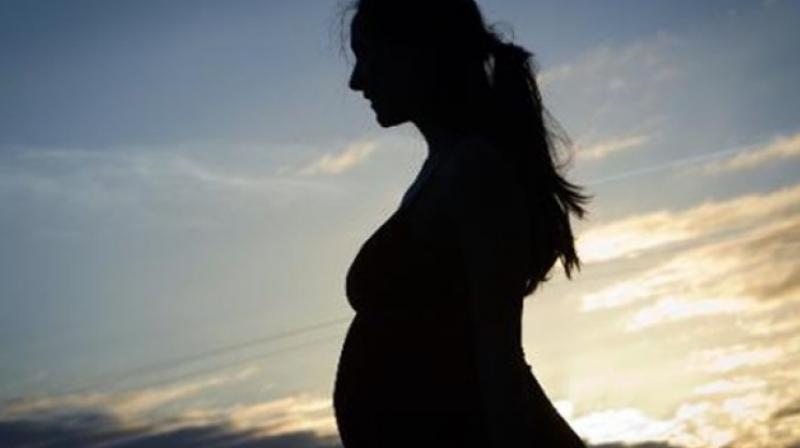Having children might shorten lifespan of women: study
Telomeres naturally shorten as people age, but the structures do not shorten at the same rate in every person.

Washington: Women who give birth to at least one child may be biologically ‘older’ than those who do not have any babies, a new study suggests. Researchers analysed blood samples from 1,556 US women aged 20 to 44 who took part in a survey from 1999 to 2002.
They looked at the genetic material inside the women’s cells, specifically the length of their telomeres. Telomeres naturally shorten as people age, but the structures do not shorten at the same rate in every person. The longer a person’s telomeres are, the more times their cells could hypothetically still divide, research has shown.
Women in the survey who had given birth to at least one child had telomeres that were about 4 per cent shorter than those of women who had never given birth. The findings held even after the researchers took into account other factors that could affect telomere length, including the women’s chronological age, body mass index and smoking habits.
These findings suggest that a “history of live birth may be associated with shorter telomeres,” researchers said.
Although the reason behind the link is not known, scientists hypothesise that having children increases stress levels, which is associated with shorter telomeres. “It is possible that pregnancy, birth and child-rearing can induce chronic stress, leading to shorter telomere length perhaps through an inflammatory pathway,” Anna Pollack, of George Mason University in the US was quoted as saying by the ‘Live Science’.
However, because the survey was conducted at a single point in time, the researchers cannot determine which came first in the women’s lives – giving birth or having shorter telomeres, Pollack said.
It is also possible that for some yet-unknown reason, women with shorter telomeres are more likely than women with longer ones to have children, she said.

